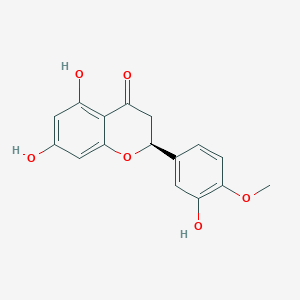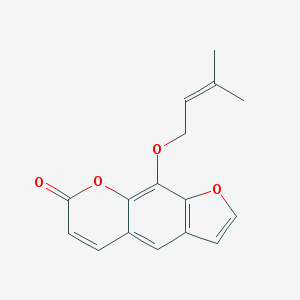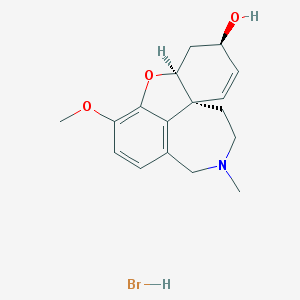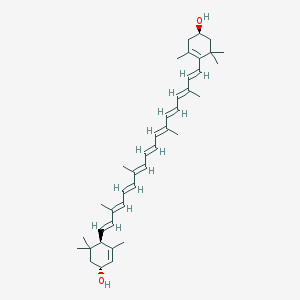Description
Hesperetin is a flavonoid compound found in various fruits and vegetables, including citrus fruits like oranges, grapefruits, and lemons. It is a methylated derivative of hesperidin and has similar health benefits, although it is less abundant in nature.
Hesperetin is known for its antioxidant and anti-inflammatory properties, which make it a popular ingredient in dietary supplements and skincare products. It is believed to protect against oxidative damage, which can lead to chronic diseases such as cancer, cardiovascular disease, and diabetes.
One of the unique properties of hesperetin is its ability to improve cognitive function and memory. It is believed to enhance the production of brain-derived neurotrophic factor (BDNF), a protein that is essential for the growth and survival of neurons in the brain. This property makes it a potential treatment for conditions such as Alzheimer’s disease and dementia.
In addition to its cognitive benefits, hesperetin is also known for its ability to improve cardiovascular health. It is believed to lower blood pressure, reduce inflammation, and improve lipid metabolism, which can all contribute to a healthier cardiovascular system.
Hesperetin is a flavonoid compound predominantly found in citrus fruits, particularly oranges and lemons. It’s one of the many flavonoids that contribute to the health benefits associated with a diet rich in fruits and vegetables. The primary benefits and applications of hesperetin include:
- Antioxidant Properties: Hesperetin is known for its strong antioxidant activity. It helps in scavenging free radicals in the body, thereby reducing oxidative stress and preventing cellular damage.
- Anti-inflammatory Effects: It exhibits anti-inflammatory properties, which can be beneficial in reducing inflammation-related conditions such as arthritis or heart disease.
- Cardiovascular Health: Hesperetin may positively affect heart health by improving blood vessel function, reducing blood pressure, and lowering cholesterol levels.
- Neuroprotective Effects: There’s growing evidence that hesperetin may have neuroprotective effects, potentially playing a role in preventing or treating neurodegenerative diseases like Alzheimer’s.
- Anticancer Potential: Preliminary studies suggest that hesperetin could have anticancer properties, inhibiting the growth of various types of cancer cells.
- Metabolic Benefits: It may help in regulating metabolism, aiding in the management of conditions like diabetes and obesity.
- Skin Health: Topically applied hesperetin can have beneficial effects on skin health, including anti-aging properties.
- Immune System Support: By modulating immune responses, hesperetin can support the immune system, potentially helping in the prevention and management of infections.
In terms of application, hesperetin is commonly used in supplements and is also being investigated for its therapeutic potential in pharmaceuticals. In the food industry, hesperetin and its derivatives may be used as natural antioxidants to enhance the shelf life and nutritional value of food products. Additionally, in cosmetic formulations, it’s utilized for its skin-beneficial properties.





